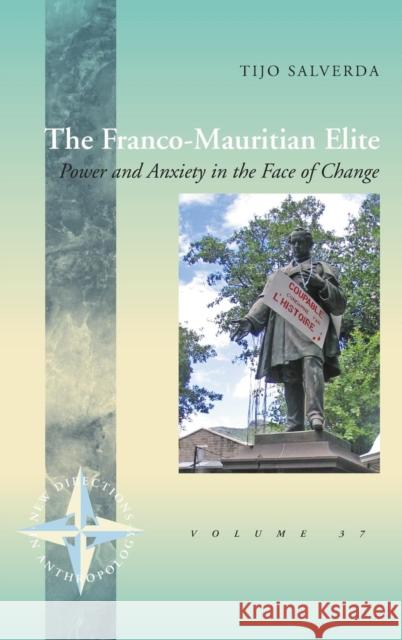topmenu
Wyniki wyszukiwania:
wyszukanych pozycji: 2
 |
The Franco-Mauritian Elite: Power and Anxiety in the Face of Change
ISBN: 9781782386407 / Angielski / Twarda / 2015 / 240 str. Termin realizacji zamówienia: ok. 22 dni roboczych. "This book offers significant contributions to the anthropology of elites-whereas anthropology has historically tended towards subaltern studies-and to the ethnography of Franco-Mauritians, who have been neglected in previous ethnographic studies of Mauritius." - Laura Jeffery, University of Edinburgh
"This monograph based on serious ethnographic field research is also a remarkable contribution to the comparative study of elites and power. It should be compulsory reading for anyone interested in the field." - Jean-Pascal Daloz, University of Strasbourg Mauritian independence in 1968... "This book offers significant contributions to the anthropology of elites-whereas anthropology has historically tended towards subaltern studies-and t...
|
cena:
507,29 |
 |
Moral Economies of Distribution and Redistribution in Africa: The Right and Wrong of Who Gets (and Gives) What and Why
ISBN: 9781041129059 / Angielski Termin realizacji zamówienia: ok. 16-18 dni roboczych. |
cena:
756,05 |










